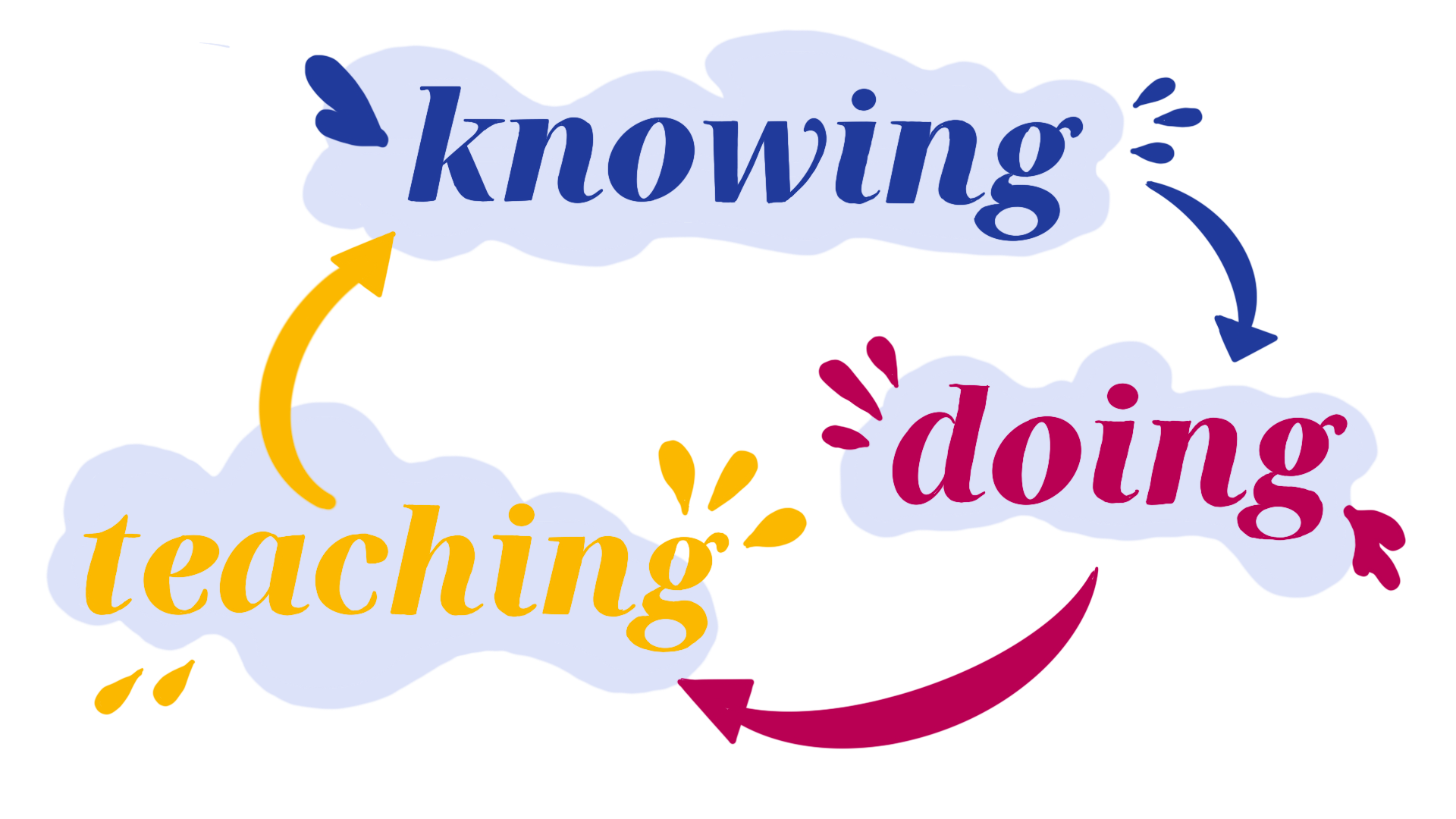How you approach experts will vary depending whether they are internal or external experts, and there is no one rule that fits all situations perfectly. Internal experts may have a better understanding of your inner workings but are not as knowledgeable as an external experts that primarily focus on a specific subject.
In this article will we look at what the benefits and downsides are of the different types of subject matter experts (SMEs), as well as highlight areas that you should be aware of when dealing with them.
In this article will we look at what the benefits and downsides are of the different types of subject matter experts (SMEs), as well as highlight areas that you should be aware of when dealing with them.
Internal SMEs
To highlight the differences of perspective we will look at how SMEs contribute to designing an e-learning course with a third-party e.g., INTEA. Internal experts have the default benefit of knowing how the company works and what the main priorities of the organisation are. They will also be better at communication exactly how the subject is relevant to the company, with the ability to highlight areas that should be focused on. Being an internal expert also comes with a degree of authority on their subject, and it could cause issues if they feel their position or knowledge is being challenged. They will likely not take kindly to a third-party coming into their office and giving them directions, so you could face issues with cooperation. If this is not considered and addressed in advance, it could lead to a project being delayed or even derailed completely. This can be especially true in environments where information is protected, and employees are unwilling to share access. As well as if an expert is helping to produce a course that will jeopardises their job. If for example, the work safety officer is being asked to provide content for a training that will replace or reduce his role in the company training, there may be some resentment and unwillingness to help. This situation needs to be accounted for or it could undermine the working relationship.
External SMEs
When a company lacks the required expertise inhouse, they need to seek outside advise. So, how would the process be different if you were to work with external SMEs? External SMEs will be more focused on a specific subject and will likely have a deeper understanding of the topic, albeit without the company specific details. The obvious and immediate downside is that external SMEs will be strangers to the company, there will be a lot of company specific information to understand and learn. This is something that as an e-learning provider we can relate to a lot. We are coming from an outside perspective when designing content. Although, unlike their internal counterparts, external experts are unlikely to be worried about being replaced by an e-learning course. As they are already well established in their field, which is why they have been asked to advise. This advice will usually be sought out by a company that is looking to adapt something new, that they do not have any inhouse experts. For example, switching to an eco-friendly office, this is a new concept to a lot of companies and is a developing area. At the moment they do not have internal experts, but in the future this could change.
Know the limitations

Both internal and external SMEs will likely already be offering some form of training/ teaching on their subject, however, it does not mean that this will be in line with how the content will be best related to on online learner. This means a certain level of refinement will be needed to structure the content in a way that is effective for an e-learning course. The restructuring will take more work that the actual content of the training. SMEs are experts in the subject matter only! Being an expert does not mean they will be the best person to teach the subject, or to dictate how a course should be designed. Understanding how to effectively use the content/ advice that they provide is a vitally important part of the process. It is crucial that you know when to accept advise and when to stand your ground. From the perspective of INTEA, we are the e-learning experts, we know how to design a course and what works, it is the content we require expert advice on, not the instructional design side. This does not mean you should overlook good advice and suggestions on ways to improve, but to know what advice to take into consideration.
What to lookout for

When you are considering consulting with an SME- internal and external, there are certain things you need to consider and be aware of. Experts come with pre-existing assumptions about the best way to transfer knowledge from the content to the learners and how the training should be structured. This can lead to friction and severely slow a project down. In this situation internal experts will at least know the company. They have less preconceptions and less to assume, as they know the type of learner they are working with, how they think. It may seem contradictory, but experts are not always the best people to teach a subject. Experts value knowledge more than what is practical, meaning that they believe giving the information to a learner is enough to engage them and change behaviour. As learning experts, we know this is not the case. Simply having the information is not enough. The learner needs to be engaged on a more personal and emotional level. Take security training as an example, by now we all know the importance of having a secure password and what that entails, but how many of us actually act on the information? Do you use the same password more than once, do you have the correct ratio of numbers, characters, and symbols? Chances are there are still a lot of people that do not follow this good advice, however, those that have had an account hacked or information stolen will be more engaged to conform. When it comes to realizing this, external experts tend to be better at acknowledging it, as they need to be competitive in their field, because it is their source of income. They need to be more flexible and understanding, talking other professional’s advice into account.
Content selection

When it comes to deciding what content should be included or cut, remember that experts are subject matter experts, not e-learning experts. Both internal and external experts will have relied on a more open discourse with their audiences and been able to fill in gaps with audience questions. They may not be able to see the gap this causes when helping to develop an e-learning course, as there will be no room for omitting content and filling in any blanks after through audience questions. The SMEs will typically have some form of company training background and will know to avoid using abbreviations without providing an explanation. Although, it does not mean they will be aware of the internal knowledge and the base level of knowledge of the employees that they are trying to train.
If you would like a more detailed breakdown of the differences between internal and external experts, please visit our YouTube channel and watch the episode dedicated to the subject. It will have more information and give you a deeper understanding of the subject.
S05E04: External Subject Matter Experts - INTEA breakfast S05E04 - YouTube
If you would like a more detailed breakdown of the differences between internal and external experts, please visit our YouTube channel and watch the episode dedicated to the subject. It will have more information and give you a deeper understanding of the subject.
S05E04: External Subject Matter Experts - INTEA breakfast S05E04 - YouTube
